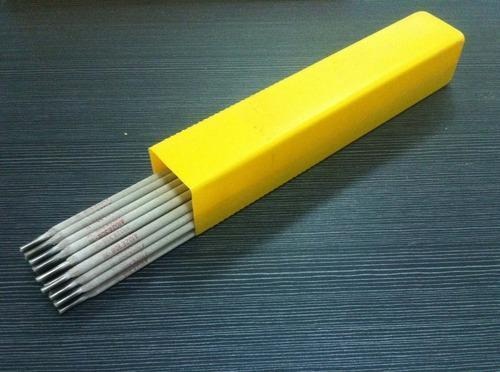
In industries where corrosion resistance is critical, welding materials must stand up to harsh environments while maintaining strength and durability. One of the unsung heroes in these applications is the Inconel Welding Electrode. This article delves into the vital role these electrodes play in corrosion-resistant fabrication, covering their properties, benefits, applications, and why they are preferred over other welding materials.
Understanding Inconel and Its Importance in Welding
Inconel refers to a family of nickel-chromium-based superalloys known for exceptional resistance to oxidation and corrosion. They maintain their strength even at high temperatures, making them ideal for demanding industrial applications.What is an Inconel Welding Electrode?
An Inconel Welding Electrode is a consumable electrode wire or rod used in welding processes specifically designed to join Inconel alloys or other materials that require superior corrosion resistance. These electrodes contain a precise mixture of nickel, chromium, and other alloying elements to ensure the weld deposits inherit the same properties as the base metal.Why Is Inconel Crucial for Corrosion Resistance?
Corrosion can severely weaken metal structures, leading to failures, costly repairs, and safety hazards. Inconel alloys, welded using the proper Inconel Welding Electrode, resist many forms of corrosion including:- Oxidation at high temperatures
- Chloride-induced stress corrosion cracking
- Pitting and crevice corrosion in marine environments
Key Properties of Inconel Welding Electrodes
Choosing the right welding electrode is essential for achieving a strong, durable, and corrosion-resistant weld. Below are the crucial properties that make Inconel Welding Electrodes highly effective.1. High-Temperature Strength and Stability
Inconel alloys retain mechanical strength even at elevated temperatures (up to 1000°C or more). Welding electrodes made from Inconel ensure the weld joint can withstand thermal cycling and mechanical stress without cracking or deformation.2. Exceptional Corrosion and Oxidation Resistance
The alloy composition, particularly the chromium and nickel content, provides a passive oxide layer that protects the metal from aggressive environmental attack. The Inconel Welding Electrode ensures this corrosion resistance is preserved across the weld.3. Excellent Ductility and Toughness
Despite their strength, Inconel weld deposits are ductile and tough. This combination prevents brittle fractures and allows for some flexibility under stress, critical for structural integrity in corrosive environments.4. Compatibility with Various Base Metals
While mainly used for welding Inconel alloys, these electrodes also work well for joining dissimilar metals or repairing stainless steel parts, thanks to their versatile chemical and mechanical properties.Types of Inconel Welding Electrodes
There are several variants of Inconel electrodes tailored for different welding techniques and applications:- Inconel 600 Electrode: High corrosion resistance and oxidation resistance, ideal for heat exchangers and furnace parts.
- Inconel 625 Electrode: Known for outstanding strength and resistance to chloride corrosion; widely used in marine and chemical industries.
- Inconel 718 Electrode: Offers high strength at cryogenic and elevated temperatures; common in aerospace and power plants.


